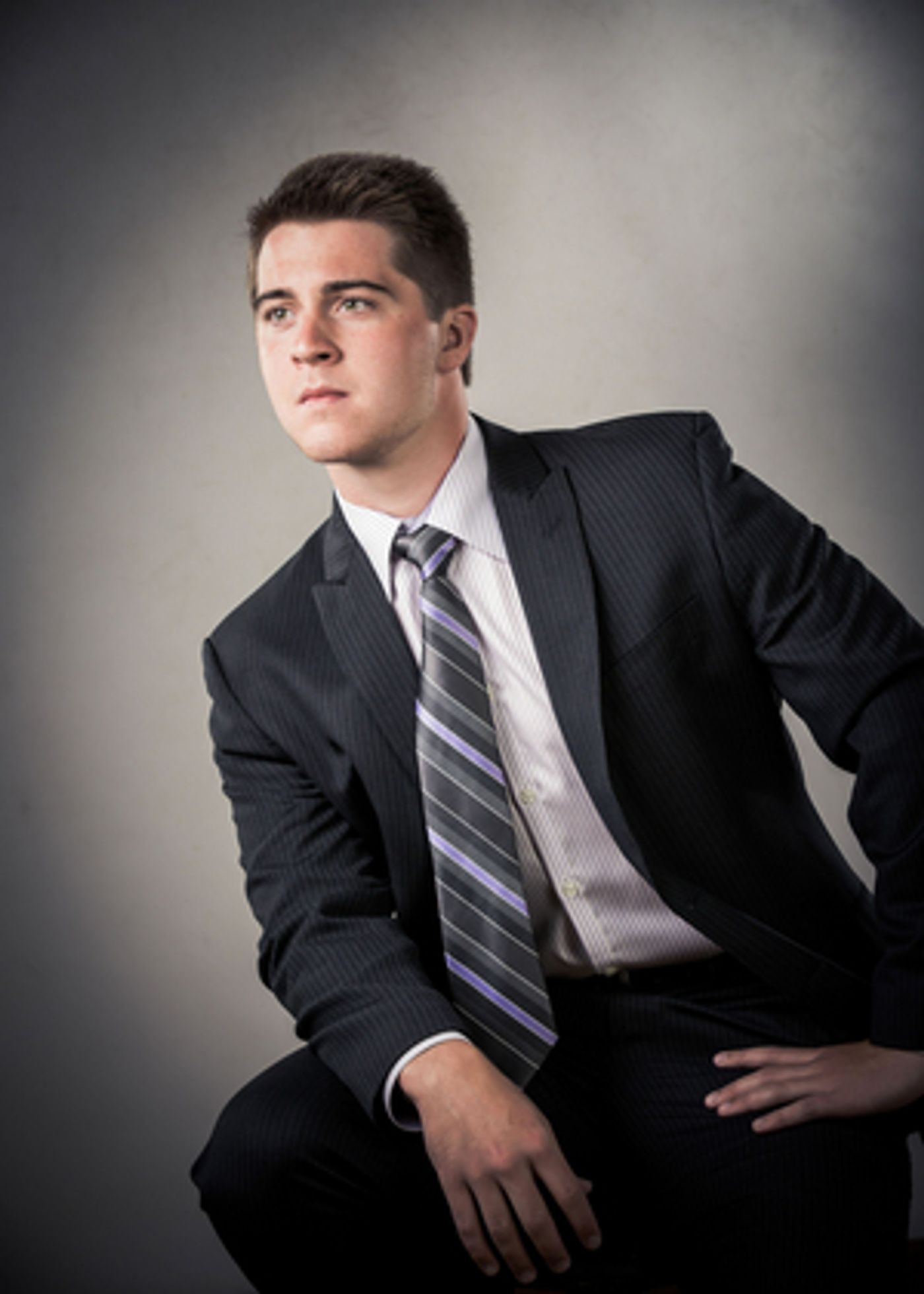Review: Houston Opera's Jack Swanson Recital
A Delightful Recital Available for Free from Houston Grand Opera
 On Friday evening March 12, 2021, Houston Grand Opera presented Live from The Cullen: Jack Swanson and Richard Bado in a wide-ranging recital of music by Robert Schumann, Leonard Bernstein, Roger Quilter, Kurt Weill, Franz Liszt, and Gioachino Rossini. A consummate recitalist, lyric tenor Jack Swanson can hold his audience spellbound without a motion or a gesture, with just the magic emanating from his voice and his eyes.
On Friday evening March 12, 2021, Houston Grand Opera presented Live from The Cullen: Jack Swanson and Richard Bado in a wide-ranging recital of music by Robert Schumann, Leonard Bernstein, Roger Quilter, Kurt Weill, Franz Liszt, and Gioachino Rossini. A consummate recitalist, lyric tenor Jack Swanson can hold his audience spellbound without a motion or a gesture, with just the magic emanating from his voice and his eyes.
Robert Schumann composed Op. 39 of his song cycle, Liederkreis, to Joseph, Freiherr von Eichendorff's collection of romantic poetry entitled Intermezzo. In this cycle, Swanson sang of the beauty of nature as well as the joys and pains of relationships between two human beings. This tenor has a huge tapestry of vocal colors with which to express the range of human emotion and he put it all to good use. Bado's well defined pianistic expression and technical ability were also important as can be seen in the composer's quotation: "The voice alone cannot show everything or produce every effect." Bado was indeed an equal partner in every work performed. Together, they gave an exquisite rendition of Schumann's cycle.
Leonard Bernstein's "Candide's Lament" from Candide was a bit of respite from Schumann's serious nineteenth century style, but it was still a sorrowful song about death and loss to which Swanson and Bado added the beauty of their interpretation. I particularly like Roger Quilter's "Now Sleeps the Crimson Petal" with its romantic ending, "So fold thyself, my dearest, thou, and slip into my bosom and be lost in me." With those lines, Swanson had a great deal of female attention. With "Lonely House, " an aria from Kurt Weill's opera Street Scene, he again regaled the audience with the beauty of eloquent sorrow couched in a piquant and occasionally jazzy accompaniment.
Swanson and Bado's final group were again more serious, but in Italian. Franz Liszt wrote three songs on Petrarch's Sonnets: "Pace non trovo" ("I Don't find Peace"), "Benedetto sia 'l giorno" ("Blessed Be the Day"), and "L'vidi in terra angelici costumi" ("I saw angelic virtue on earth"). Each of them speaks of love but the religiously minded composer may be speaking of chastity even though he was not known for its practice.
I noted some sonorities that reminded me of Wagner's early operas and others that sounded a bit like Gounod's Faust. All three Liszt pieces allowed Bado to show his ability to play intensely complex compositions and gave Swanson a solid background with which to blend and sometimes highlight the bright gold lyric tones of his voice.
At this point in the recital, Swanson said he wished he had an audience so he could sing an encore in response to their applause. Since that was not possible, he offered the aria with a plethora of sparkling high notes, "Que les destins prospères" ("May the Fates Prosper"), from Rossini's Le Comte Ory. This was a performance in which both artists showed great sensitivity as well as tremendous virtuosity. This delightful recital is available online for free after registration at:
Photo of Jack Swanson by Craig Van Der Schaegen.
Reader Reviews
Videos

